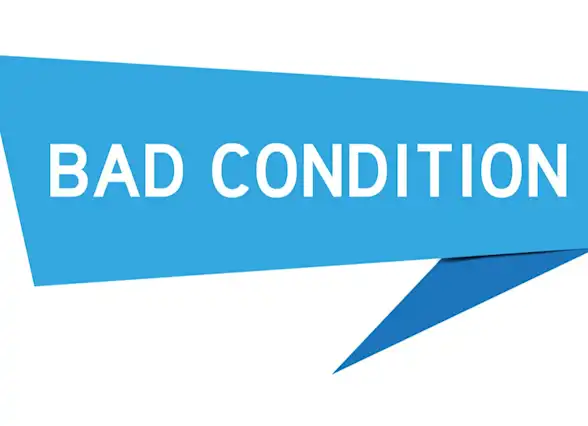Signs that COPD is Getting Worse
There are many indicators that your loved one's COPD is getting worse. Talk with your loved one about these changes and notify the provider.
Get insurance benefits, legal documents, and medical records in one place

Helpful Highlights
COPD can get worse acutely, such as with an exacerbation (flare).
It is also important to remember that it is a progressive illness and will worsen over time.
Know the signs and symptoms and what to communicate with their provider.
The following may be signs that your loved one's COPD is progressing and are reasons to get an appointment with their provider.
Increased shortness of breath. May require increasing or adding medications, and may require an initial ER visit or hospitalization.
Wheezing. Not everyone with COPD has wheezing, so if it comes one or if existing wheezing gets worse, it could be a sign that damage in the lungs is getting worse. If it gets worse suddenly or gets worse over time but doesn't resolve, get advice from the provider.
Changes in phlegm/mucus. If there is a color change (for example, off-white to green) or if it is thicker than usual, this may indicate the presence of infection.
Worsening cough. If the cough is new or different, or it persists over several weeks, there could be another health issue contributing to the problem that needs checking, though it is also likely the COPD is getting worse.
Fatigue and muscle weakness. Lots of people with COPD are tired much of the time; however, increasing fatigue and muscle weakness likely means the COPD is worsening.
Swelling and/or weight gain. These indicate that the body is unable to shed excess fluid, much of which is exhaled from the lungs. The more difficult it gets to push air out of the lungs, the less fluid is breathed off. Though the swelling may be due to another health condition like heart failure, this is considered a definitive indicator of worsening COPD. (Worrisome weight gain is 2 pounds in one day or 5 pounds in a week.)
Feeling groggy upon waking. This is more than a desire to stay in bed or the need for a couple of minutes to wake up. The feeling of grogginess comes from low oxygen overnight and may be due to worsening COPD and potentially the onset of obstructive sleep apnea (OSA), which is common in the advanced stages of COPD.
RESOURCES
American College of Chest Physicians (ACCP) – COPD
American Lung Association (ALA) – COPD
American Thoracic Society (ATS) – COPD
COPD.com – Understanding COPD Stages & Progression
Global Allergy & Airways Patient Platform (GAAPP) – Four Stages of COPD
National Institutes of Health (NIH) Heart, Lung & Blood Institute – Lung Health Resources
No content in this app, regardless of date, should ever be used as a substitute for direct medical advice from your doctor or other qualified clinician.
Get more support and guidance on insurance benefits, medical records and legal forms.
Helpful brings together your insurance benefits, legal documents, and medical records in one personalized place — so you always know what you have, and never have to search again.

Technology for Health Tasks. Mental Health for the Tough Stuff.
Helpful connects your medical records, insurance, and caregiving tasks automatically. And when you need more than logistics, a therapist is here to guide you.
In-Network and Covered
For Individuals, Couples and Families
HIPAA Compliant, Data Stays Private


Healthcare Tasks Simplified

From syncing records to spotting drug interactions, Helpful does the heavy lifting, turning complex health info into clear tasks and showing you benefits you can actually use, giving you clarity and control over your care.

In-Network Mental Health

Our licensed therapists are here to support you and your loved ones through stress, burnout, and life’s hardest moments, with an inclusive, compassionate approach that works with most insurance plans.

Create Legal Documents

Plan ahead by creating will, trusts, advance directives and more, that ensure your wishes are honored in the event you can’t speak for yourself -with Helpful guiding you every step of the way.